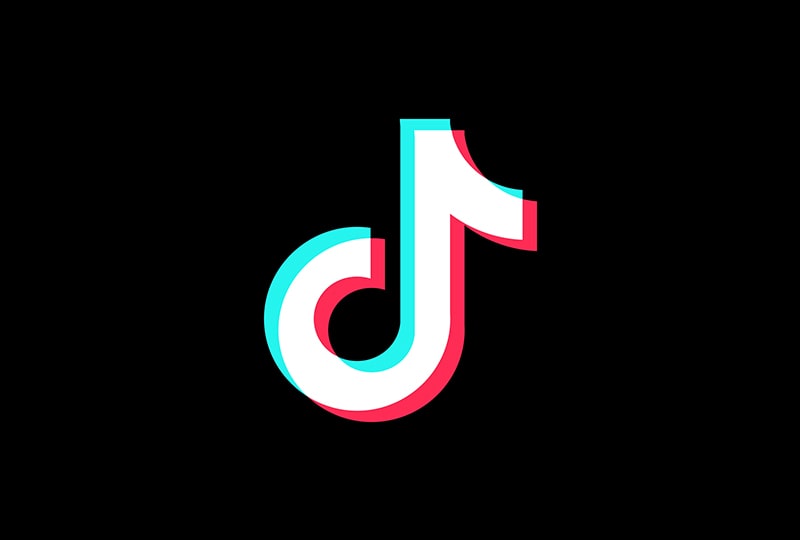Supreme Court will hear TikTok’s arguments against US ban
The much-discussed US TikTok ban has taken another turn. Will the platform win its plea to remain in the US?
The US Supreme Court has agreed to hear TikTok’s challenge against a new law that could lead to the app’s ban in the United States. This thickens the plot somewhat, making it even harder to guess whether creators on the platform will need to seriously shift their content focus elsewhere by January 19th.
The law in question, known as the Protecting Americans from Foreign Adversary Controlled Applications Act, requires TikTok’s parent company, ByteDance, to sell the app by 19 January 2024. If ByteDance does not comply, TikTok will be banned from US app stores. At this point, it’s been pretty much accepted that the likelihood of ByteDance divesting from TikTok in the US is incredibly slim. The company’s continued battle to overturn this law is clear evidence of this.
The reason the US is seeking to ban TikTok for American users is security. The government has cited national security concerns due to ByteDance’s Chinese ownership as the key motivation for this action. TikTok argues that this forced sale or ban violates the First Amendment, which protects free speech. The company claims that banning the app would infringe on the rights of its 170 million American users. Previously, a federal appeals court upheld the law, and TikTok’s request to halt its enforcement was denied. Now, the Supreme Court will hear the case, with oral arguments scheduled for 10 January 2024, just days before the divestment deadline.
This legal battle has significant implications for independent musicians and artists who rely on TikTok as a platform to reach audiences, promote their work, and engage with fans. A ban could disrupt these activities and limit exposure to new music. As the situation unfolds, it’s crucial for artists and fans to stay informed and consider alternative platforms to maintain their musical connections.
In the meantime, TikTok remains operational in the US, recently proving its cultural significance and impact on the music industry with its look-back on 2024.
